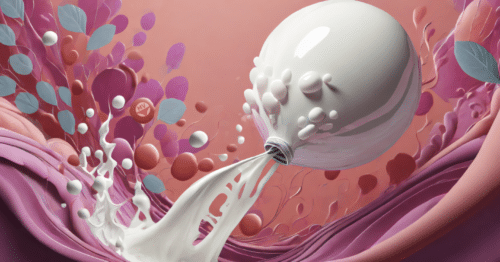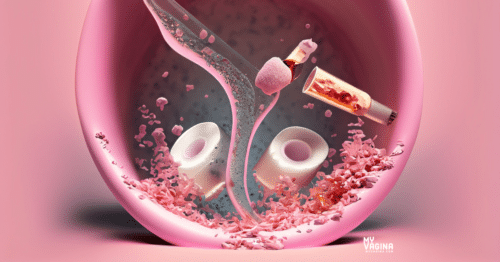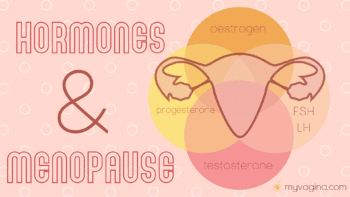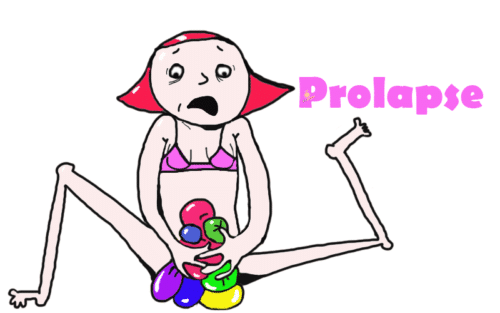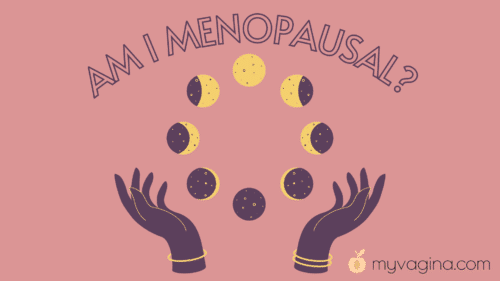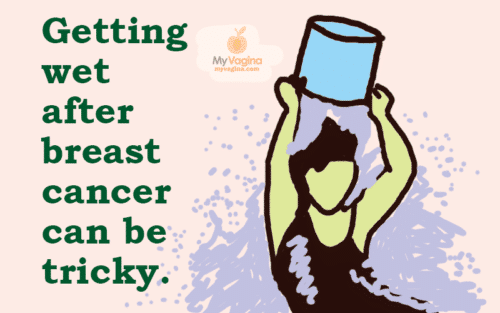Female sexuality
Female sexuality encompasses a broad spectrum of experiences, including the journey from teenage years to menopause, the significance of masturbation, and the complexities of sexual response and dysfunction. With research shedding light on these aspects, understanding female sexuality is key to embracing a harmonious state of sexual health as defined
USA: painful sex and have Medicare? Your treatment is NO LONGER excluded from Medicare Part D
In a significant policy update, the Centers for Medicare and Medicaid Services (CMS) has announced that medications for the treatment of painful sex, or dyspareunia, caused by menopause are now covered under Medicare Part D. This move acknowledges the struggles many postmenopausal women face with genitourinary syndrome of menopause (GSM),
Signs and symptoms of perimenopause
Perimenopause marks the transition towards menopause, characterized by fluctuating hormone levels leading to various symptoms such as menstrual irregularities, mood swings, hot flushes, and more. Recognizing these signs can help in managing this significant phase of life more comfortably.
Breastfeeding: impact on oestrogen levels, the vagina and pelvic floor
Breastfeeding significantly impacts oestrogen levels, resulting in lowered amounts that can cause vaginal dryness, decreased libido, pelvic floor weakness, and changes in the vaginal microbiome. This article delves into the effects of low oestrogen during lactation, the role of lactobacilli in maintaining vaginal health, and introduces hormone-free treatments and foods
How to get hormone and blood testing
Understanding the optimal days for hormone and blood testing can significantly impact the accuracy of your results. Whether you're experiencing symptoms influenced by hormonal imbalances or simply wish to check your health status, knowing the correct day of your menstrual cycle or adjusting for menopausal status is crucial. This article
Hormones in perimenopause and menopause
This article explores the critical hormonal changes occurring during perimenopause and menopause, focusing on oestrogen, progesterone, testosterone, FSH, and LH. It delves into how these shifts contribute to common menopausal symptoms like hot flushes, mood changes, and alterations in menstrual cycles, offering insights into managing these changes.
Sexual arousal disorders
Sexual arousal disorders disrupt the normal response to sexual stimuli, affecting both mental and physical aspects of arousal. These disorders, classified into subjective, genital, and combined types, can stem from psychological or physical causes. Treatment varies, focusing on the underlying issue, and may include hormone therapy, counseling, or specialized physiotherapy
Cervical stenosis
Cervical stenosis involves the narrowing or closure of the cervix, leading to potential complications such as pelvic pain, fertility issues, and endometriosis. Understanding its causes, from foetal abnormalities to postmenopausal atrophy, and exploring treatment options, including dilators and surgery, can offer relief and improve quality of life for those affected.
Study: Long-term overweight at greater risk of endometrial cancer postmenopause
A comprehensive study reveals that postmenopausal women who have been overweight for extended periods during adulthood face a significantly higher risk of obesity-related cancers, particularly endometrial and kidney cancers. This groundbreaking research, assessing over 70,000 women, highlights the importance of maintaining a healthy weight throughout adulthood to mitigate cancer risks.
Review: Luvena Restorative Moisturizer – how does it work?
Luvena Restorative Moisturizer, designed for vaginal dryness, combines moisturising agents like jojoba seed oil with bactericidal properties from ingredients such as lactoferrin. While many find relief, some report intense burning, raising concerns about its suitability for all. This review delves into its composition, effectiveness, and the controversy surrounding one of
Vaginal prolapse, pelvic organ prolapse and vaginal/pelvic relaxation syndromes
Vaginal and pelvic organ prolapse occurs when pelvic organs lose support and protrude into the vaginal canal, causing discomfort and health issues. This article delves into the various types, symptoms, and treatments of prolapse, including pelvic physiotherapy, pessaries, and surgical options. It highlights the importance of understanding fascia's role, the
How can I tell if I am menopausal?
Understanding whether you are entering menopause can be determined by a combination of symptoms and tests, including changes in menstrual bleeding, temperature issues, insomnia, and specific medical tests like FSH, vaginal pH, and the vaginal maturation index. These indicators, alongside a doctor's diagnosis, can help confirm if you are experiencing
Atrophic vaginitis in breast cancer survivors
Breast cancer survivors often face the challenge of atrophic vaginitis due to the cessation of oestrogen production from treatments. This condition, affecting up to 70% of survivors, leads to vaginal dryness, discomfort, and emotional distress. However, alternatives to E1 and E2 oestrogen therapy, such as E3 therapy, lifestyle changes, and
Tissue laxity in the labia and vagina
Experiencing changes in the labia and vagina due to ageing or childbirth is common, but there are various treatments available, from non-invasive radiofrequency and laser options to surgical interventions, aimed at tightening and revitalising these areas. Emphasising the importance of understanding one's body and the available medical advancements, this article
The role of your adrenal glands in menopause
In menopause, the adrenal glands take on the critical role of producing oestrogens, alongside other hormones, as the ovaries diminish in function. The added workload can lead to symptoms of adrenal fatigue and exacerbate menopausal discomforts. Supporting adrenal health through stress management and lifestyle changes is vital for a smoother



